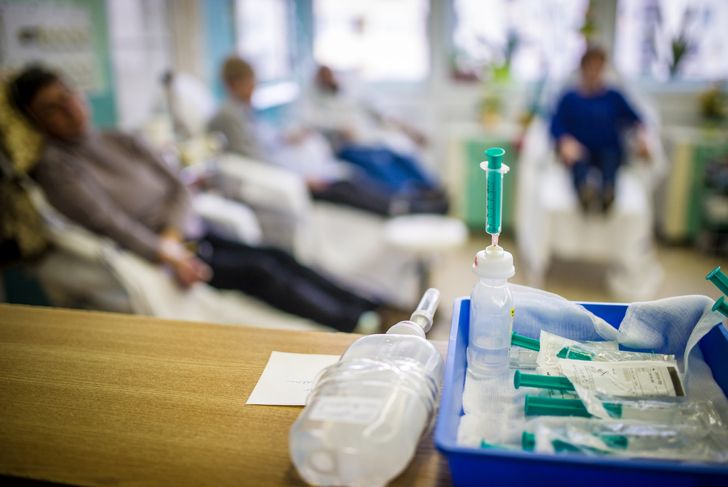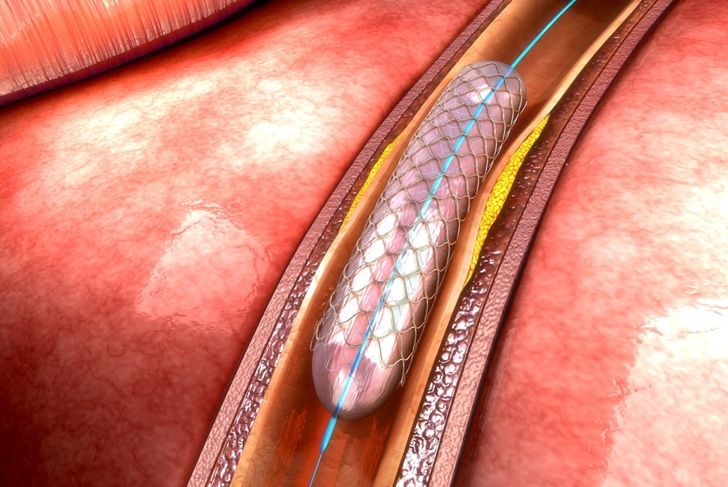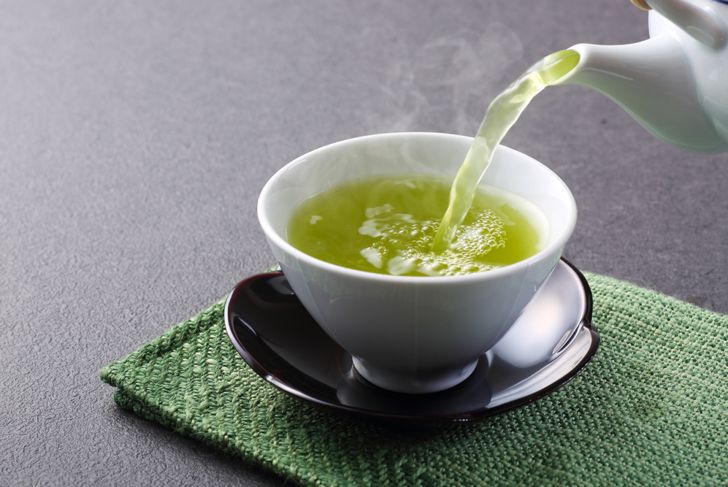A great deal remains unknown when it comes to the cause of pancreatic cancer although evidence points to genes and lifestyle as two of the key factors involved. Unfortunately, it is one of the most difficult diseases to treat. One of the main reasons why it is very hard to deal with is that its early stages often have no obvious symptoms. Quite often the disease only gets spotted in an advanced stage when treatment is much more challenging. In this situation, it might be impossible for doctors to cure the disease, so they focus their efforts on trying to slow down its progress.
The Whipple procedure
This is the most common surgical procedure, and in some cases, it helps to cure the disease completely. The surgeon removes the head of the pancreas, part of the intestines and sometimes they also need to remove part of the stomach. The surgeon connects the remaining part of the pancreas to the small intestine. As this description indicates, this is a complicated surgical procedure that takes a very long time. It also often damages the digestive system. Approximately one out of three of those who go through the process will need to take enzymes to help them to digest their food.
The distal pancreatectomy
The distal pancreatectomy option goes further than the Whipple procedure since it involves removal of both the tail and body of the pancreas and elimination of the spleen. Also, the surgeon might decide they also need to remove part of the left kidney, your stomach, bowel or other organs. This operation also takes a long while and involves an extended recovery period, but if the Whipple procedure is not sufficient, there might be no reasonable alternative to the distal pancreatectomy.
Total pancreatectomy
As this medical term clearly indicates the surgeon, in this case, needs to remove the entire pancreas. One of the situations where this could be necessary is when the cancer is positioned in a way that leaves the surgeon no alternative. Although the other surgical procedures are major undertakings with long-lasting effects, the total pancreatectomy has the most severe consequences. The patient is left with diabetes for the remainder of their life, and they also need to take enzymes to help them to digest food. Since the surgeon also removes the spleen the patient is also going to need regular doses of antibiotics and vaccinations.
Chemotherapy treatment
This popular pancreatic cancer treatment uses special medicines to destroy the malignant cells. The medication can be taken through the mouth, or it might need to be received intravenously. Sometimes the doctor uses it instead of surgery, for example, when the patient’s health makes surgery too risky. It is also commonly used before an operation to reduce the extent of the surgery they need to have. Sometimes it is also used after surgery to diminish the risks of the disease returning. This treatment causes patients to feel sick and very exhausted, but these negative side-effects usually become less over time.
Radiotherapy treatment
Radiotherapy fights pancreatic cancer by aiming beams of very high level of radiation against the diseased cells. It also has many undesirable side effects such as diarrhea, nausea and total exhaustion. After the treatment is finished these side effects ought to lessen. Radiotherapy may be combined with other treatments or as the single treatment. The doctor’s treatment choices vary according to the progress of the disease and the robustness of the patient.
Symptom Relief Surgery
If for some reason curing pancreatic cancer does not appear to be a practical option the doctor might still decide that it is worth carrying out less intrusive surgery to bring the patient a measure of relief. For example, they might suggest inserting a stent in the bile duct to prevent jaundice developing, or maybe a bypass operation will be needed to accomplish the same goal. Since these kinds of surgeries are less intrusive, the side effects are fewer and the recovery time significantly shorter.
Drinking of green tea
The horrible side effects associated with conventional pancreatic cancer treatments prompts some people to seek out alternative or natural cures. The advocates of the benefits of green tea drinking claim that it contains substances that help prevent this disease developing and destroy the malignant cells. In particular, they mention the qualities of a substance known as epigallocatechin-3-gallate (EGCG). Tales may circulate about amazing cures ascribed to green tea, but without undisputed medical evidence, anyone who relies solely on this kind of treatment takes a huge risk.
Coenzyme Q10 enzyme
This enzyme is found in some foodstuffs as varied as peanuts, beef, soya beans and salmon. Also, people buy it from health food shops as a supplement. The believers in natural medicine claim that it helps strengthen the body’s natural resistance to pancreatic cancer and other serious illnesses and it contributes to destroying harmful free radicals. Although nobody is going to do themselves any harm by eating these foods conventional medical practitioners are entirely unconvinced that they can serve in the place of conventional hospital procedures.
Frankincense oil therapy
One of the most exotic proposed natural cures for pancreatic cancer uses the frankincense oil famous in the Ancient World. They claim that academic studies prove that the oil’s properties encourage healing and also have preventative qualities. Proponents of the powers of frankincense recommend rubbing the oil into the neck thrice daily and also drinking it three times each day in the form of three droplets added to eight ounces of water.
The benefits of Vitamin D
Vitamin D is well-known for its role maintaining bodily health, but the idea that it could also have a part to play in the fight against pancreatic cancer is a novel concept. The American Journal of Clinical Nutrition carried out a test of how vitamin D3 supplements affect cancer risks. The surprising result showed an impressive 77% decline in risks for those who took the supplements.

 Home
Home Health
Health Diet & Nutrition
Diet & Nutrition Living Well
Living Well More
More




















